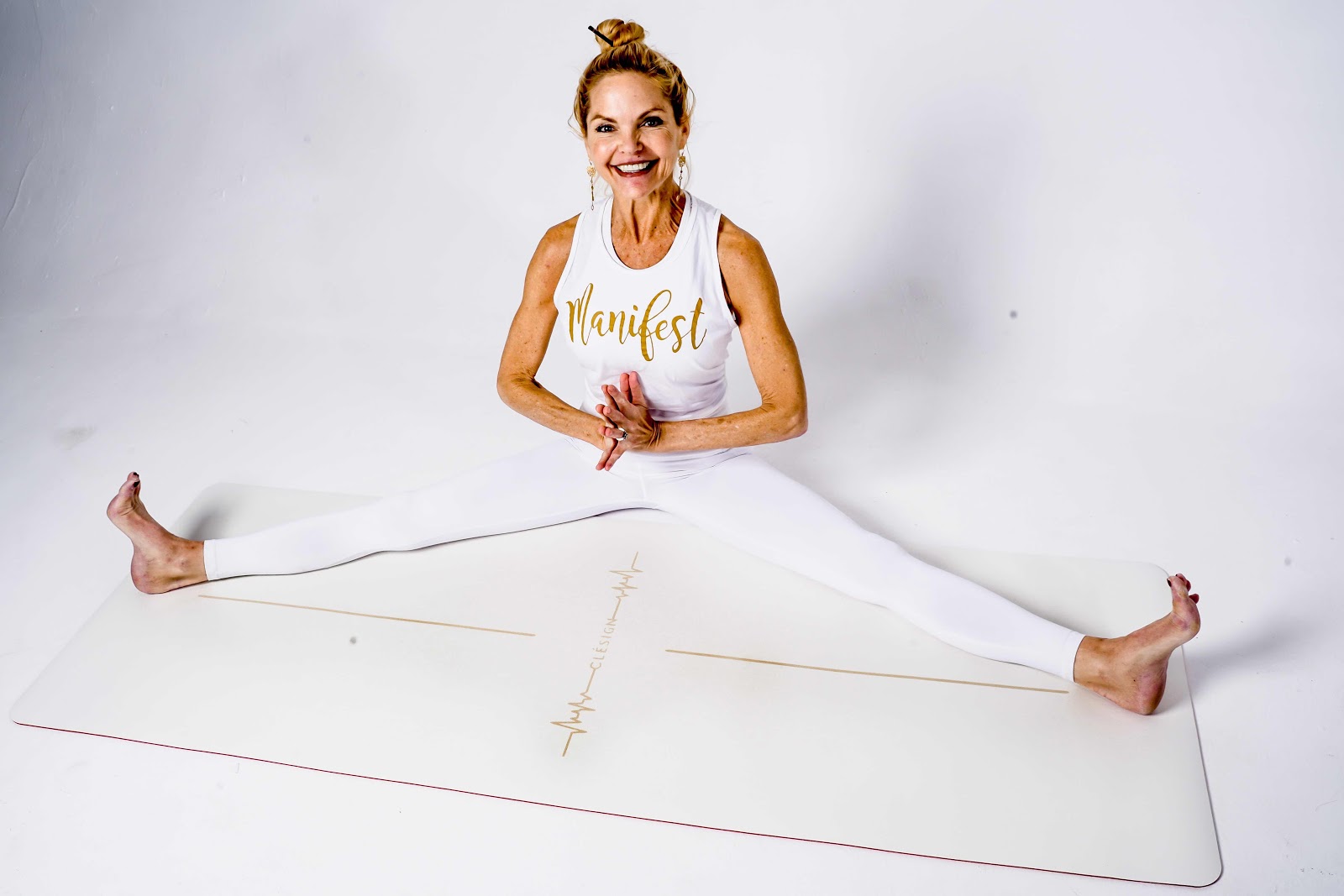Third Eye Open
Live your life from the inside out.
What we think, we create…
How is your mental health?
What is the state of your mind?
Good mental health is not simply the absence of diagnosable mental health problems, although good mental health is likely to help protect against the development of many such problems.
Good mental health is characterized by a person’s ability to fulfill a number of key functions and activities, including:
✨the ability to learn.
✨the ability to feel, express & manage a range of positive & negative emotions.
✨the ability to form & maintain good relationships with others.
✨the ability to cope with & manage change & uncertainty.
It’s important to take care of yourself and get the most from life. Here are 10 practical ways to look after your mental health. Making simple changes to how we live doesn’t need to cost a fortune or take up loads of time. Anyone can follow this advice.
Why not start today?
1. Talk about your feelings…
Talking about your feelings can help you stay in good mental health and deal with times when you feel troubled. Talking about your feelings isn’t a sign of weakness. It’s part of taking charge of your wellbeing and doing what you can to stay healthy.
Talking can be a way to cope with a problem you’ve been carrying around in your head for a while. Just being listened to can help you feel supported and less alone. And it works both ways. If you open up, it might encourage others to do the same.
It’s not always easy to describe how you’re feeling. If you can’t think of one word, use lots. What does it feel like inside your head? What does it make you feel like doing?
You don’t need to sit your loved ones down for a big conversation about your wellbeing. Many people feel more comfortable when these conversations develop naturally – maybe when you’re doing something together. If it feels awkward at first, give it time. Make talking about your feelings something that you do.
2. Keep active…
Regular exercise can boost your self-esteem and can help you concentrate, sleep, and feel better. Exercise keeps the brain and your other vital organs healthy, and is also a significant benefit towards improving your mental health. Exercising doesn’t just mean doing sports or going to the gym. Walks in the park, gardening or housework can also keep you active. Experts say most people should do about 30 minutes of exercise at least five days a week. Try to make physical activity part of your day and something that you enjoy.
3. Eat well…
Your brain needs a mix of nutrients in order to stay healthy and function well, just like the other organs in your body. A diet that’s good for your physical health is also good for your mental health.
4. Drink sensibly…
We often drink alcohol to change our mood. Some people drink to deal with fear or loneliness, but the effect is only temporary.
When the drink wears off, you feel worse because of the way the alcohol has affected your brain and the rest of your body. Drinking is not a good way to manage difficult feelings. Apart from the damage too much alcohol can do to your body, you would need more and more alcohol each time to feel the same short-term boost. There are healthier ways of coping with tough times. Many people also smoke or use drugs or other substances to change how they feel. But, again, the effects are short-lived. Just like alcohol, the more you use, the more you crave. Nicotine and drugs don’t deal with the causes of difficult feelings. They don’t solve problems, very often they create them.
5. Keep in touch…
There’s nothing better than catching up with someone face to face, but that’s not always possible. You can also give them a call, drop them a note, or chat with them online instead. Strong family ties and supportive friends can help you deal with the stresses of life. Friends and family can make you feel included and cared for. They can offer different views from whatever’s going on inside your own head. They can help keep you active, keep you grounded and help you solve practical problems. Keep the lines of communication open, because it’s good for you!
It’s worth working at relationships that make you feel loved or valued. But if you think being around someone is damaging your mental health, it may be best to take a break from them or call it a day completely. It’s possible to end a relationship in a way that feels ok for both of you.
It can be hard to cope when someone close to you dies or you lose them another way. Counseling for bereavement or loss can help you explore your feelings.
6. Ask for help…
None of us are superhuman. We all sometimes get tired or overwhelmed by how we feel or when things don’t go to plan.
If things are getting too much for you and you feel you can’t cope, ask for help. Your family or friends may be able to offer practical help or a listening ear.
Local services are there to help.
For example, you could:
- join a support group to help you make changes to your life
- find a counsellor to help you deal with your feelings or make a fresh start
- call the council about noise nuisance
- visit a Citizens Advice Bureau if you want advice on debt.
Your GP (General Physician) may be able to refer you to a counselor. You should consider getting help from your GP if difficult feelings are:
- stopping you from getting on with life
- having a big impact on the people you live or work with
- affecting your mood over several weeks.
Over a third of visits to GPs are about mental health. Your GP may suggest ways you or your family can help you. Or they may refer you to a specialist or another part of the health service.
7. Take a break…
A change of scene or a change of pace is good for your mental health.
It could be a five-minute pause from cleaning your kitchen, a half-hour lunch break at work, or a weekend exploring somewhere new. A few minutes can be enough to de-stress you. Give yourself some ‘me time’.
Taking a break may mean being very active. It may mean not doing very much at all.
Take a deep breath… and relax. Try yoga or meditation, or just putting your feet up.
Listen to your body. If you’re really tired, give yourself time to sleep. Without good sleep, our mental health suffers and our concentration goes downhill. Sometimes the world can wait.
8. Do something you’re good at…
What do you love doing? What activities can you lose yourself in? What did you love doing in the past?
Enjoying yourself can help beat stress. Doing an activity you enjoy probably means you’re good at it, and achieving something boosts your self-esteem.
Concentrating on a hobby like gardening or a crossword puzzle can help you forget your worries and change your mood.
It can be good to have an interest where you’re not seen as someone’s mom, dad, partner or employee. You’re just you.
An hour of sketching allows you express yourself creatively. A morning of yoga gets you active and gives you the chance to quiet the mind and set your intentions for the day ahead.
9. Accept who you are…
We’re all different. It’s much healthier to accept that you’re unique than to wish you were more like someone else. Feeling good about yourself boosts your confidence to learn new skills, visit new places and make new friends. Good self-esteem helps you cope when life takes a difficult turn.
Be proud of who you are. Recognize and accept what you don’t do well, and then choose to stay focused on what you can do well.
Work out if there’s anything about yourself that you still want to change. Are your expectations realistic? If they are, work towards change in small “doable” steps.
10. Care for others…
Friends are really important…
We help each other whenever we can, so it’s a two-way street…
Caring for others is often an important part of keeping up relationships with people close to you. It can even bring you closer together. Why not share your skills more widely by volunteering for a local charity? Helping out can make us feel needed and valued and that boosts our self-esteem.
It also helps us see the world from another angle, and can help to put our own problems into perspective.
Caring for a pet can improve our wellbeing too. The bond between you and your pet can be as strong as between people. Looking after a pet can bring structure to your day and act as a link to other people. Lots of people make friends by chatting to fellow dog walkers and owners.
in gratitude and love,
Tymi
Related posts
The Harder, Holier Work
It is easy to see all that is wrong with the world. Pain is loud. Injustice is visible. Fear is contagious. We scroll, we watch, we talk—we point to the broken systems, the fractured relationships, the glaring need for something to change. And yes, things do need to change. But the challenge—the true, transformative challenge—is […]
Isvara is the Teacher
Photo: Elena Ray Sa Purvesam Api Guruh Kalenanavac Chedat स एष पूर्वेषामपि गुरुः कालेनानवच्छेदात् ॥२६॥ “Unconditioned by time, Isvara is the teacher of even the most ancient teachers.” Swami Satchidananda says that each person contains all the knowledge they need. A teacher simply helps a student unlock and understand that knowledge. This is the primary message of […]
Path to Grace
The path to Grace is fascinating and profound. Religions define Grace as an expression of Divine Love, but the word can have many personal definitions outside of Religion. Grace can be about how you carry yourself with an inner air and beauty. Grace can be about bestowing a gift or favor.Grace is when you forgive someone, or […]





